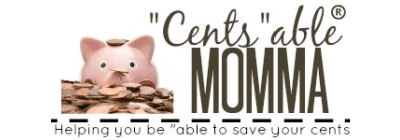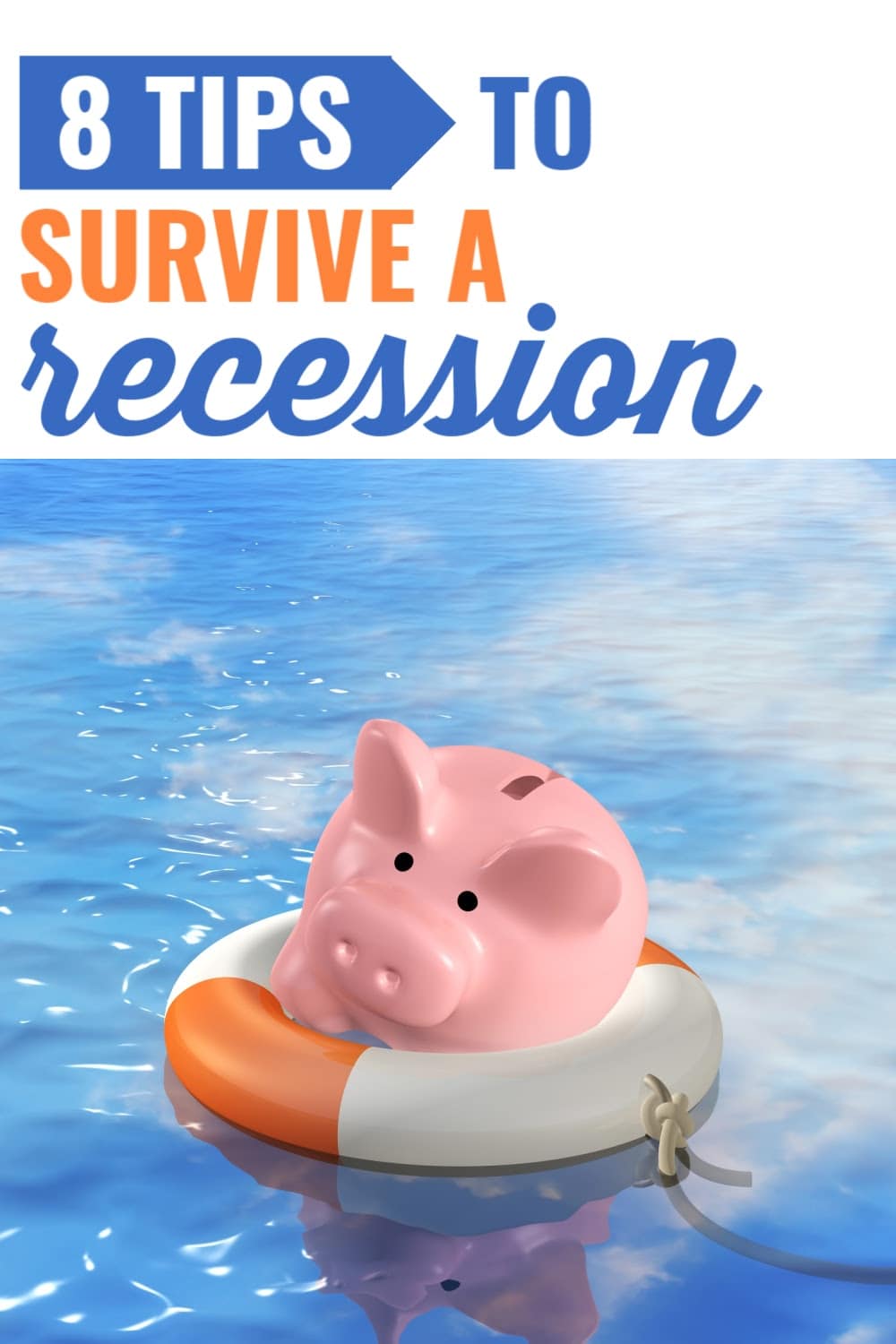Does a recession have to mean that your family will suffer financially? Not necessarily.
There are things you can do to help protect yourself from problems and survive a recession. Whether you pay closer attention to where your money goes each month or build up your savings account, you can remain financially stable. Let’s take a closer look at how to keep a recession from wrecking your finances.
Don't Panic
If you lose your income or your investments seem like they're dipping ever downward, don't panic. You almost never make good decisions when you're in a panic. Try to calm down and make logical decisions about your money going forward. Get some advice from trusted friends and family that you know are good with their own finances, if needed.
Know Where Your Money Goes
If you don't already, you need to learn where your money goes each month. Look at your bank statements and start tracking your expenses.
This will show you exactly where the money goes each month. You may be surprised at what you’re wasting money on. This is money that could be used to build your savings account or prepare your family for the future.
Cut Unnecessary Expenses
After you learn where your money goes, sit down and cut unnecessary expenses. Why spend money on things you don’t need? For example, many families spend money on satellite TV, but could be using a streaming service and saving at least 50% per month. You can even watch some shows for free.
If you've lost your job already (or fear you will soon), you'll need to cut your budget to the bare bones. Cut everything that's not necessary to live and put that money in savings to help you prepare for an upcoming income shortage.
If you're not worried about a potential job loss, you don't need to be so extreme about cutting expenses and making frugal choices. But, every penny that you save from your budget is money that you can use towards paying off debt or building your savings account.
Sell the Things You Don’t Need
When you’re decluttering your home, set aside the things you no longer need. You’d be surprised at what things can be sold. Everything from old magazines to video games can be sold online or at a yard sale. This money can be put into a savings account to help prepare yourself for any emergencies that might pop up.
Build Up Your Savings Account
It’s important to have an emergency account that will cover six months’ worth of expenses. Start by focusing on saving your first thousand dollars and working your way up from there. This will be a load off your mind should you lose your job during an economic downturn.
You'll eventually want to have at least 3 to 6 months of expenses saved in your emergency fund (and possibly even higher if you're a one-income family). If anything happens to your income, you want to make sure you can cover all necessary expenses during your job loss without going into debt.
You'll want to open up a separate savings or money market account just for your emergency savings fund. You don't want it to get mixed in with your money for every day living expenses, and it's harder to spend on anything but emergencies if you've labeled it as an emergency fund.
Pay Off Debt
If you've prepared for the recession ahead of time and already have a good emergency fund, start thinking about paying off any debt that you have. If you lose your income, you certainly don't want to have to be thinking about how you'll pay your credit card bill or your car payment.
Diversify Your Investments
If you have money saved for retirement (or just in extra savings beyond your emergency fund), you should diversify where your money is invested.
Your emergency fund should be somewhere safe like a savings account or money market fund. However, additional savings should be diversified with a mix of large cap, mid cap, small cap and international stocks spread out among a number of industries. You could also invest in real estate to diversify even further.
Consult your financial advisor for the best way to invest your savings so you don't find yourself with your entire savings in a single stock, which can be extremely risky. Depending on your age, you might want to be more or less conservative.
When the stock market does get on the roller coaster with daily ups and downs, be prepared to finished riding the roller coaster. Don't look at your investments every day and worry about them. During the Great Recession, stocks lost almost 50%, but then gained all of it back (and much more) in the years following.
Be Educated on How to Get Help
Last, but not least, you need to educate yourself on the services available should you need them. This includes unemployment, debt forgiveness programs, payment relief programs, etc. You should also know who to call if you need to defer payments on your car payment, mortgage, and other major expenses.
A recession doesn’t have to ruin you. Being prepared can make a world of difference. The important thing is to build up your savings account and minimize your expenses. Also, take the time to become educated on programs that are available should you need help. Getting help as soon as possible can minimize damage to finances.









Leave a Reply